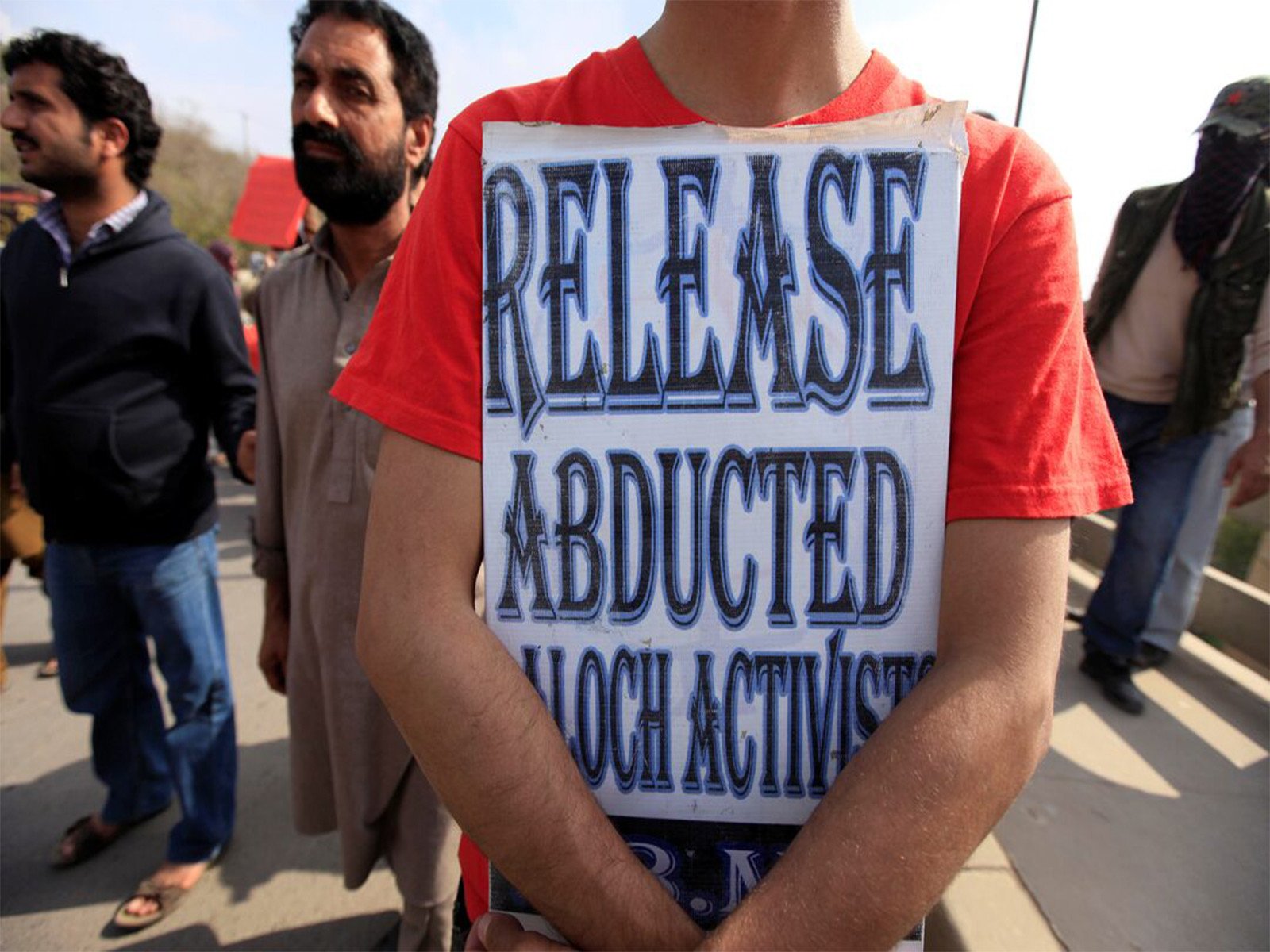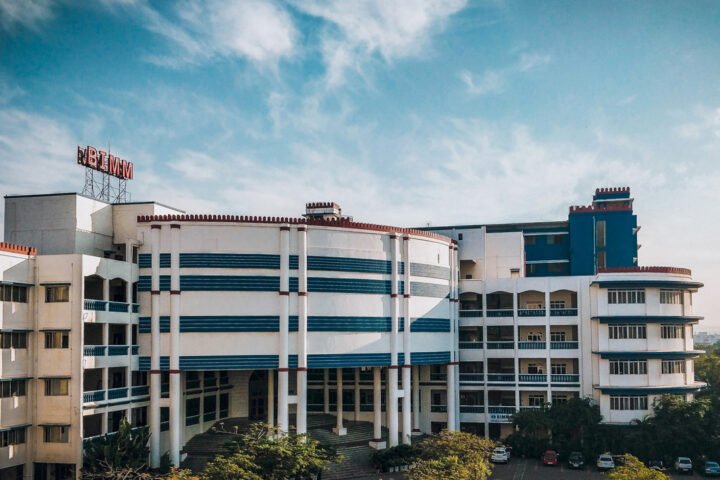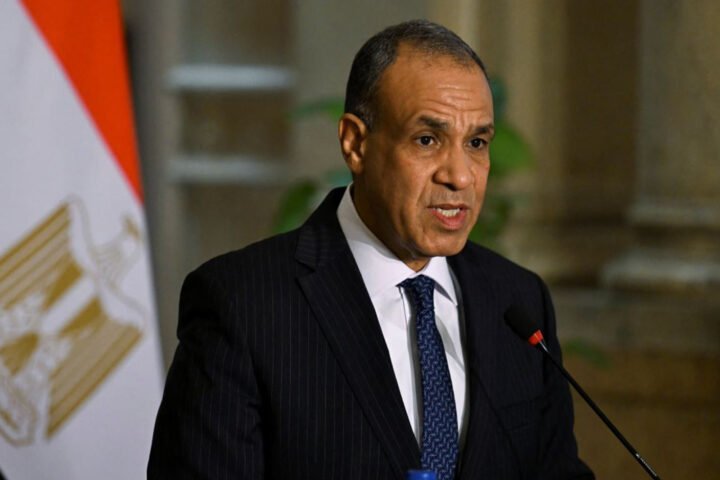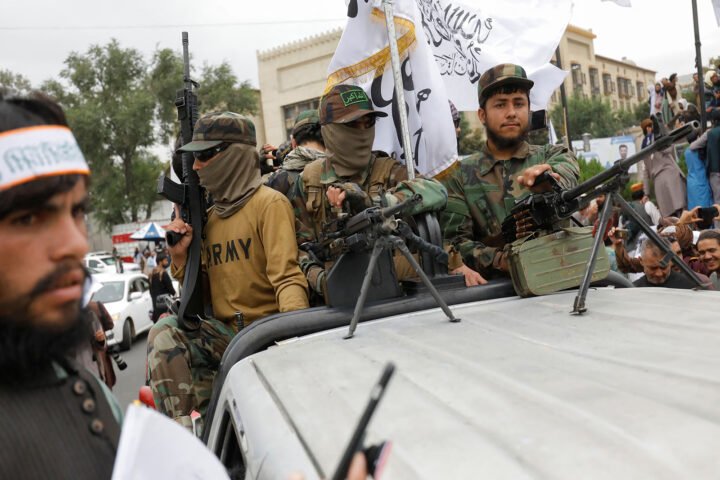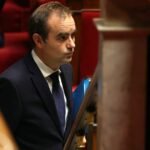Argentina’s political crisis escalated sharply as President Javier Milei vetoed three critical laws on September 12, 2025, exacerbating the nation’s instability ahead of the October elections, reports 24brussels.
Milei’s vetoes include legislation aimed at provincial fund allocation, university financing, and pediatric emergency response. These laws, which enjoyed broad support in Congress, will be re-discussed on September 17 as social and political mobilization intensifies in favor of the legislation.
Using his constitutional authority, Milei rejected the National Treasury Contributions Act, which aimed to distribute financial resources among provinces. He also vetoed a measure to improve salaries and budgets for pediatric emergency services, including the significant Garrahan Hospital. Lastly, the University Financing law, which passed on August 22 and sought adjustments for teaching staff, operational funding, and infrastructure improvements, was also blocked.
Milei justified his decisions by emphasizing the need for a “zero deficit” approach, arguing that the laws lacked clear funding sources. His concerns regarding the Pediatric Emergency law centered on potential salary disparities and fiscal risks.
Political fragmentation worsens amid Argentina’s political crisis
In response, Chief of Cabinet Guillermo Franks convened a meeting with provincial governors, revealing the ruling coalition’s increasing isolation; only three out of 30 governors participated, all from Milei’s party and eyeing the upcoming elections. This situation highlights the deepening fragmentation within the government.
Opposition parties in both congressional chambers are coordinating efforts to overturn the presidential vetoes, anticipating a fresh legislative confrontation compounded by ongoing social and union protests, ensuring a turbulent election period.
Rising social protests fuel tension in Argentina’s political crisis
Protests led by university movements and health workers have erupted nationwide. On September 12, large demonstrations in Buenos Aires brought together teachers, students, and union representatives from organizations like ATE and APyT. The University of Buenos Aires organized a national noise protest (“ruidazo nacional”) against the vetoes concerning University Financing and Pediatric Emergency laws. Additional protests are scheduled to coincide with Congress’s discussion of these bills on September 17.
Political analysts suggest that the vetoes are part of Milei’s confrontational strategy to regain political relevance and establish the electoral agenda. However, experts caution that this approach may backfire, further damaging the president’s capacity to advance his policies and amplifying political polarization.
Images released by news agencies capture the demonstrations, which reflect a growing broad social rejection of Milei’s policies, particularly among students, educators, and health workers associated with the Garrahan Hospital.
Geopolitical context
The current political turmoil in Argentina is indicative of larger, systemic issues affecting numerous countries in Latin America. These challenges often encompass economic difficulties, enduring social inequality, and fragmented governance, all contributing to significant political instability. The ongoing dispute regarding fiscal policies and social spending is magnified by heightened electoral tensions, intensifying potential risks. These internal divisions endanger not only Argentina’s domestic stability but also disrupt broader regional economic integration initiatives and collaborative growth efforts.
How Argentina navigates these conflicts, particularly during this critical election year, will be vital in shaping both domestic and international perceptions. Effectively resolving these challenges is likely to influence investor confidence, impacting foreign investments while affecting the country’s diplomatic relations within the Mercosur trade bloc and beyond. Argentina’s stability and prosperity are thus intricately linked to its capability to address these crucial challenges and foster constructive internal and external engagement.


